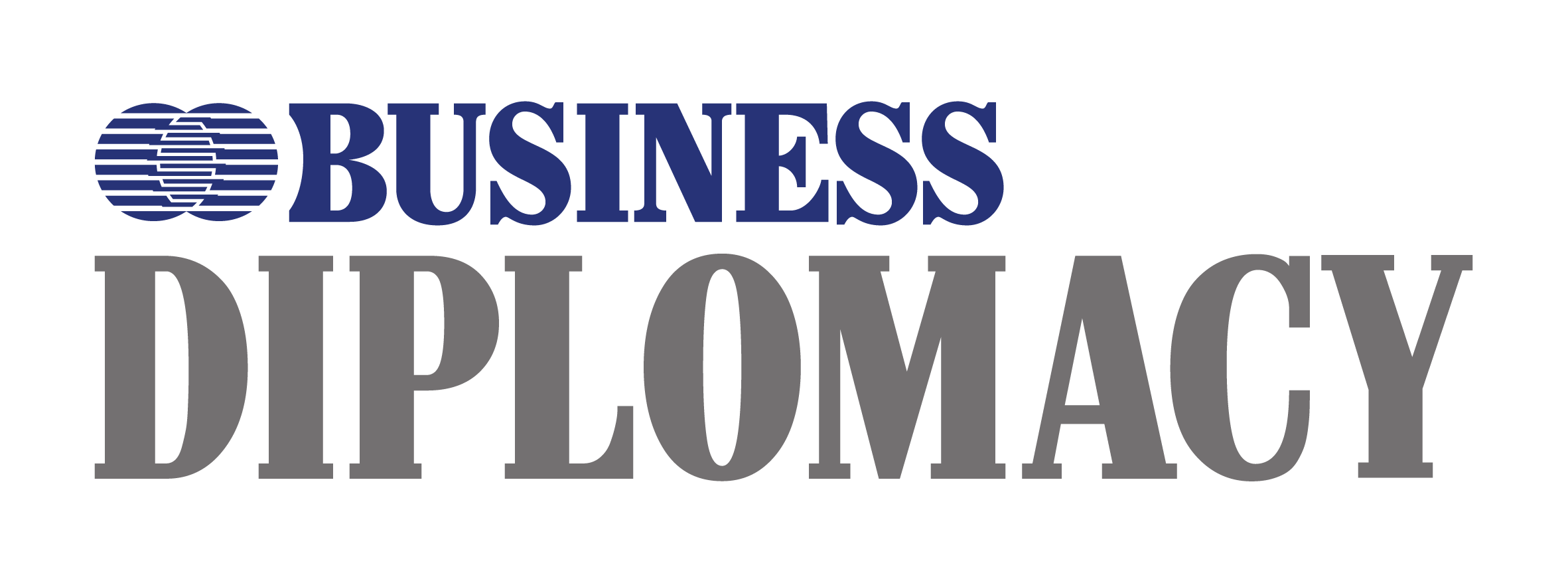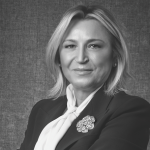An Alternative Model Against Crises: Participation Finance
We held a special interview with Osman Akyüz, TKBB Secretary General, for the readers of Business Diplomacy.
Osman Akyüz, TKBB Secretary General, talked to Business Diplomacy about the overall structure, past, present, and future of participation finance. Talking about the domestic and international activities of their agency, Akyüz shared data from Turkey and pointed out the growth of participation banking despite the adverse effects of the novel coronavirus (COVID-19) in the global economic structure.
The participation finance system is expanding its product diversity and growing substantially every other day. As someone who has been in the sector for such a long time now, could you share your insights with us?
The fundamental raison d’être of participation banks can be summarised as adding the funds that are not used by conventional banks due to interest concerns to the economy and helping account owners to safely store and utilise their funds. The term “participation” refers to a banking type based on equal participation in profit and loss.
Conventional banks and participation banks have entirely different methods of collecting and extending funds. Deposit banks collect and lend their funds based on interest. Participation banks, on the other hand, collect their funds on the basis of partnership through participation in profit and loss and extend funds on the basis of trade, partnership, and leasing.
Based on the Islamic economy, the participation finance system aims to ensure a business life and social justice that place humans at their core with a ban on interest to prevent the exploitation of labour, and with the principle of risk-sharing, benevolent loan, zakah, and similar forms of cooperation, aiming at development. This system has the structure to prevent the factors that may lead to crises. Participation finance has the potential to prevent crises as it does not allow uncertainty, speculation and is directly related to the real sector. When we look at the crises that the whole world is going through, especially at the fluctuations in the global economic structure caused by the COVID-19 pandemic, we can clearly understand the potential of the principles of participation banking and participation finance.
As the Secretary General of TKBB, could you talk a little bit about the development and goals of participation banking in Turkey?
Interest-free banking has a 35-year history in Turkey. Although it is still in the development stage all around the world, participation banking system has made substantial progress, especially in recent years. We see an increase in the recognition of the participation banking system in Turkey and this, of course, attracts the attention of countries that want to enter the sector.
In 2013, we organised a workshop on the future of the sector with the Banking Regulation and Supervision Agency (BRSA). And then, we prepared a participation banking strategy document based on the output we obtained there and presented it to the public authority at that time. Since then, we have done a lot to achieve the goals set in that document. We also made significant progress in areas such as increasing the awareness of the sector and diversifying interest-free finance services. In 2018, we also established a Central Advisory Board under TKBB and created a professional and solution-oriented basis for our activities in line with standard development and interest-free banking practices
We target a 15% market share in total assets for the year 2025. Hopefully, we will achieve significant growth in the economy and reach those targets.
We also updated our Strategy Document in 2020 after the substantial changes imposed by the pandemic in Turkey and in the world. In this respect, we asked the independent external audit company that prepared our 2015 Strategy Document to update it and conducted meticulous work with the TKBB. We are preparing the Strategy Document to develop the industry and build the financial architecture. We increased the fundamental strategic goals in our document from five to six and created action plans based on them. In the next four to five years, we will work towards implementing the issues that we have identified as action points. TKBB will add what needs to be done into its business plan to achieve these strategic goals with both its members and relevant institutions and organisations, and then the goals will start to be achieved.
So, we are working in various directions for the development of the sector. We conduct activities to increase our product diversity and service quality, promote participation banking, and train our personnel further on banking knowledge. We conduct corporate communication, perception, and reputation management. We have activities to raise the awareness of participation banking in the country. We conduct human resource and certification activities with universities.
And what is the status of participation banking in the international arena? Could you talk about the international activities of the TKBB?
The interest-free banking sector in the world has rapidly developed in the last 20 years. Not only institutions originating from Islamic countries but also Western multinational banks such as Citibank, HSBC, and Standard Chartered Bank are interested in the participation banking system. So much so that these banks now establish special departments or funds for investors that want to invest their savings in an interest-free system. Data on the size of interest-free financial assets globally are also important indicators of the development in the market. In 2019, the sum of asset size, sukuk, Islamic funds, and takaful values in the global interest-free banking grew by 11.4% compared to 2018 ($2.2 trillion), reaching $2.44 trillion.
We closely follow the developments in the world to achieve our goals. We are trying to improve ourselves in terms of products, digitalisation, communication, and education globally, which we can adapt to ourselves. For example, we translated the international standards of the field into Turkish. And we are in close contact with the Accounting and Auditing Organization for Islamic Financial Institutions (AAOIFI).
We strive to adapt the products from other countries and apply them to the system of our participation finance. We try to keep our mutual relations at the highest level in order to introduce and promote our members and our Association.
We are increasing our awareness very rapidly on the global side of the communication strategy. In this respect, we now publish our Katılım Finans journal in Turkish and English. Apart from that, we hold international meetings with many institutions such as the Islamic Development Bank Group, Bahrain Association of Banks, Qatar Financial Centre, and the Central Bank of Morocco. We provide certified training to foreign correspondent banks that are working with participation banks.
The global financial structure suffered quite a lot with the COVID-19 process. How was the situation for the participation finance sector in this period?
We saw most countries caught unprepared for the COVID-19 pandemic, and the markets coming to a standstill. After the 2008 global crisis, the pandemic showed us once again how fragile the debt-based economic system that we were in. We believe that the participation finance system can really be an alternative model to prevent crises. The principles of participation banking offer a way out from the fragile and speculative nature of the current system.
Participation banks had a TRY 3.7 million worth of profit in 2020 while being under the effects of the pandemic. Significant amounts were achieved in the funds both collected and extended in the participation banking sector. In 2020, there was a growth of 49% in funds collected, 61% in funds extended, and 54% in total assets.
Given the conditions and the data that we have, I can say that 2020 was a good year for participation banking. The most fundamental reason for this achievement is how all participation banks adapted to the digital business environment. Especially during the pandemic, all our banks strived to provide services smoothly by handling all financial needs of their customers in a complete and rapid manner.
TKBB Secretary General Osman Akyüz



